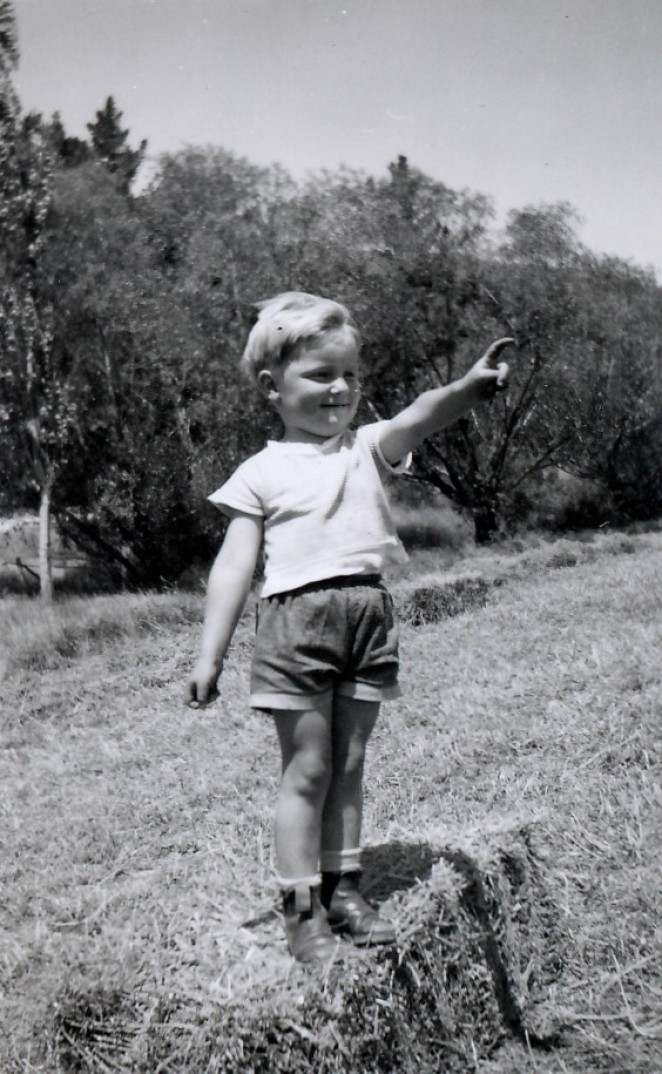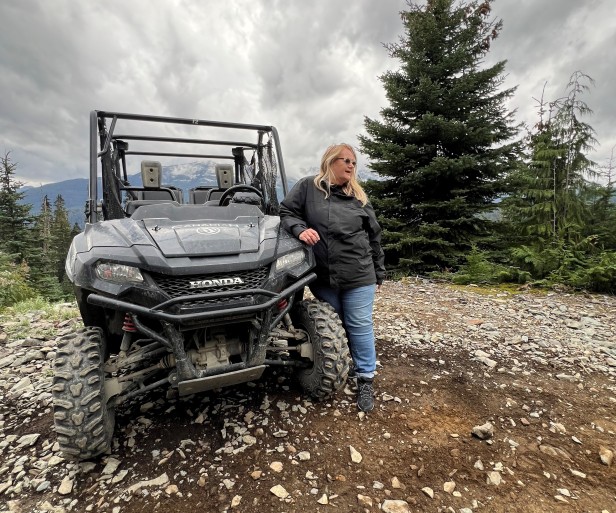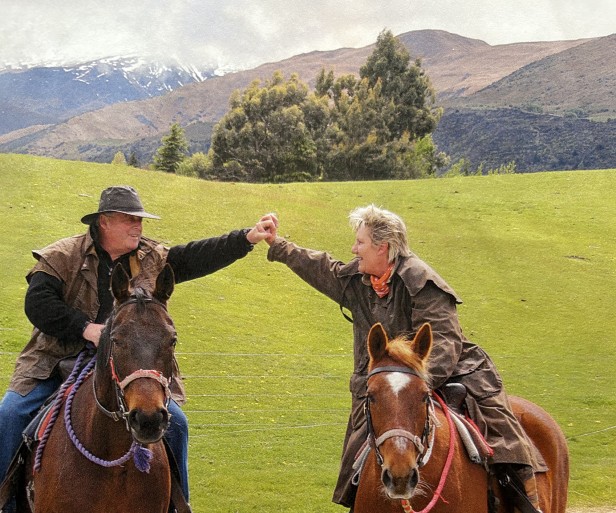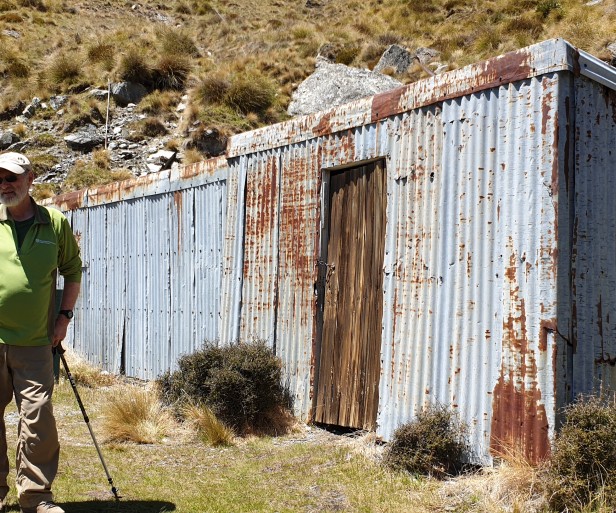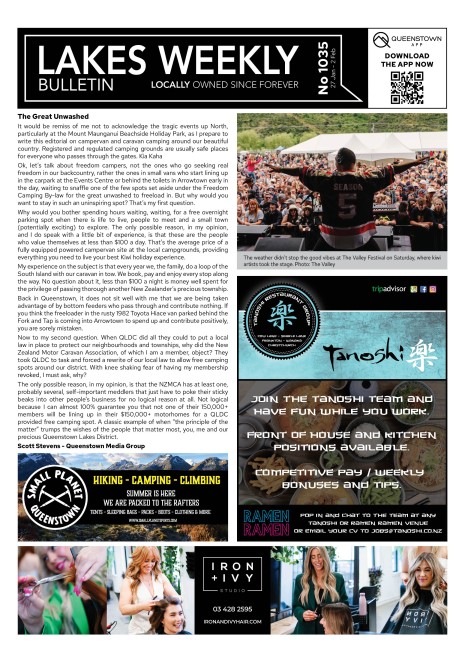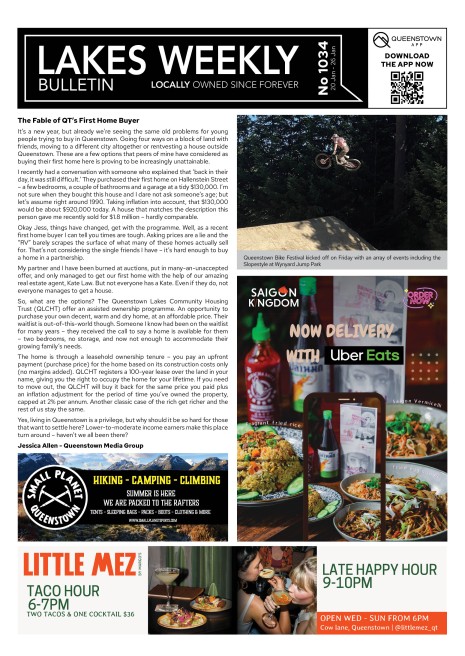Alastair Cook - From Gibbston to global food rescue
He refers to himself as a ‘disaster junkie’, a man who spent decades ensuring thousands of tonnes of food aid arrived and was distributed safely to tens of millions of displaced people in need.
Alastair Cook knows the poorest and most remote corners of Africa like the back of his hand, sometimes working 18-hour days through mud in South Sudan, the monsoons in Pakistan and dodging bullets in armoured vehicles in Somalia. He’s travelled the world advising governments on pandemic planning in the likes of Yemen and Syria, managing Ebola epidemic logistics in Liberia and drought-stricken Somalia.
As logistics officer for the United Nations World Food Programme, Gibbston Valley-raised Alastair’s Kiwi ingenuity was in demand. He was selected for special projects, from Malawi where he was sent to build kitchens in primary schools, to Pakistan and Nepal where millions of flood-affected and quake struck locals were fighting to survive.
Alastair headed up operations moving food for 8.6 million displaced people during the South Sudan conflict. “We were moving 4,000 tonnes of food a day, a truck leaving every five minutes,” he says, “We had over 500 loaders loading.”
They moved 10 million tonnes of food a year. “I got good at it,” he grins. “We had to devise ways to keep the supply chains going.”
Monrovia Airport in Liberia had never handled jet aircraft before the Ebola operation Alastair managed there. “On my biggest day we had nine jumbo jets coming in. We quickly had to educate farm boys from the Firestone rubber plantation next door.”
The humidity was usually unbearable, it was muddy monsoon season, and curfews were in place. “For three months I alternated two sets of clothes that I tried to dry.”
“Gibbston School taught me a lot about logistics.”
It’s also in the blood. Alastair’s grandfather was a quartermaster general in logistics in both world wars.
Now retired in Wānaka writing books about his adventures, last year also publishing three volumes of ‘A Brief History of Rugby’ mostly written while holed up in Somalia, Alastair’s whirlwind life has been a far cry from his idyllic, humble Gibbston upbringing.
Living in airports, planes and hotels year-round was far from glamorous. “For six years I averaged 72 international flights a year from South America to Japan and everywhere in between.”
At one point in 2018 he’d gone 14 months with only three days off. “I said to the guys, ‘I can’t do this anymore’.” He took early retirement and came home to Wānaka where his 95-year-old mother, Patricia, lives. Together with his dad, Jules, they farmed Waitiri Station which stretched from the Roaring Meg in the Kawarau Gorge to the top of the Crown Range near the Snow Farm.
A pupil at the old historic Gibbston School, which closed in 1972, the school roll once got to a whopping eight, increasing to 12 or 15 once a rabbiter moved into the valley with his four kids.
Alastair had a wonderful childhood roaming the hills, shooting and trapping rabbits. There were no real mishaps, although he and neighbouring kid Beau Rapley, now a professional guide, were rescued by helicopter after rafting the Nevis.
At John McGlashan College, Alastair became head boarder, somehow managing to avoid the cane for four years, despite running an undercover wine operation. Daytime training runs doubled as fruit tree reconnaissance. “We’d sneak back at night, pick the fruit and make wine which we sold to the juniors for our beer money.”
At Lincoln College, Alastair studied horticulture before fencing on stations around Lake Wakatipu with friends. From 1982 he then managed the original Chard Farm in the gorge for Phil Hunt, cultivating the ground and planting fruit trees where Chard Farm Winery now produces grapes.
London then beckoned where a penniless Alastair landed a job as a shuttle driver for TNT, then the world’s largest logistics company. He quickly proved his worth climbing the ladder with transfers to Auckland and Dubai, then back to London as a global operations manager in a 17-year career with the company. TNT then formed a corporate responsibility programme with the UN World Food Programme – a vast operation then moving food for 91 million people. “I was one of 16 people selected out of 235,000 staff, to do special projects.” His model for community peer-run health clinics in Malawi, a concept he came up with in 2005, is still extremely successful, saving many lives.
“I lived most of my life with a passport under my pillow, but I loved working in Africa. It’s such a cool place,” he says.
He’s clocked three London Marathons – one in under 2hrs 45mins and competed in the first 1983 Coast to Coast.
Now it’s one day a week working at Wānaka Mitre-10 and pursuing his love of writing books, three published and five in the pipeline. Last year he supported cousin John to rewrite Anne Cook’s legacy, ‘The Gibbston Story’, a fascinating Gibbston history.
“I’m still a kid who grew up in Gibbston with a deep love of the land where we live.”
